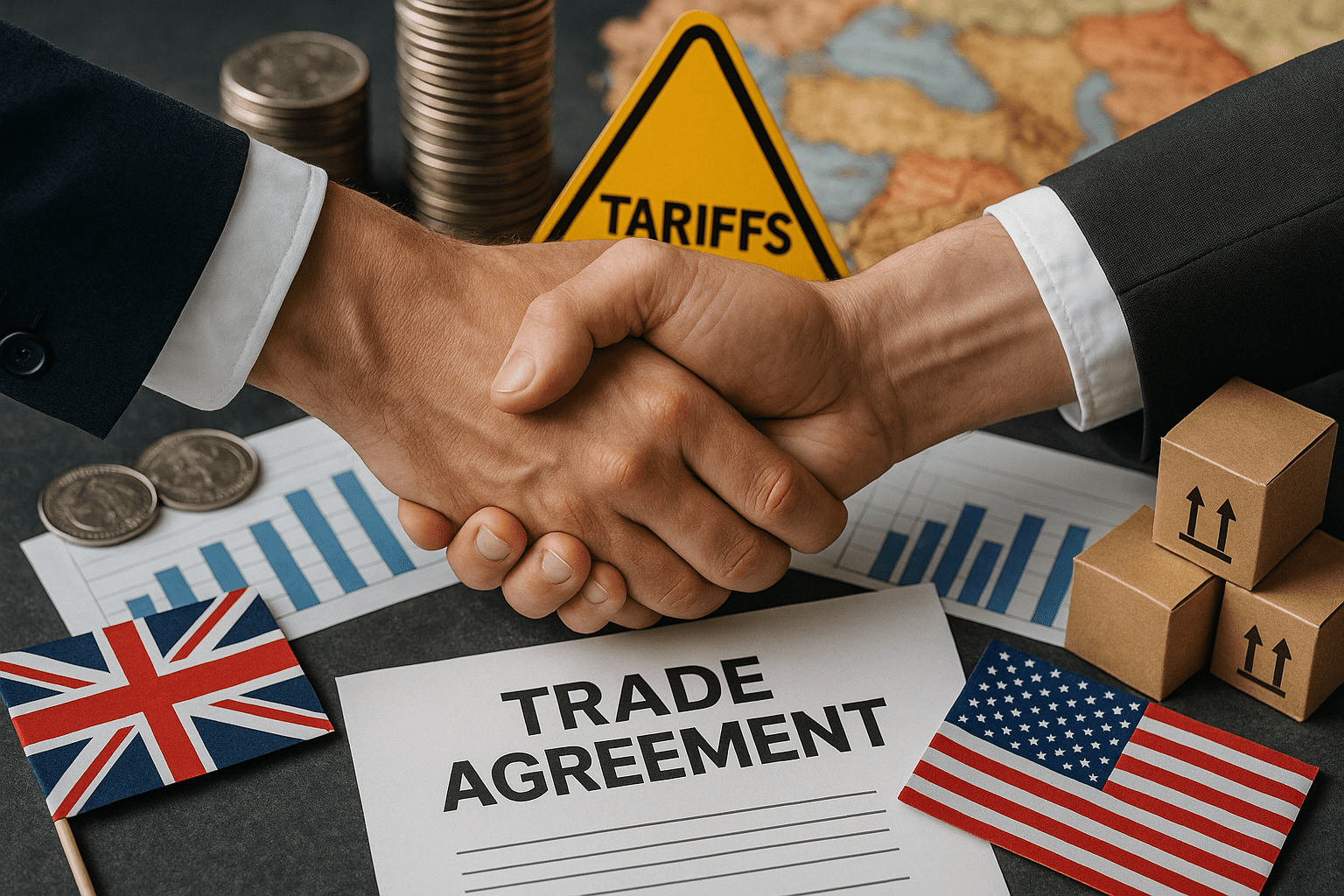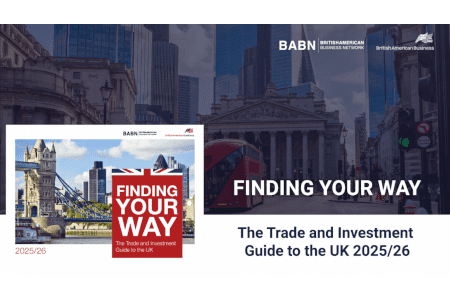ITM catches up with R. Will Planert, Partner, Morris, Manning & Martin, about the company, their goals, and changing trade laws
Can you tell us more about Morris, Manning & Martin? What is the company’s history and heritage?
Morris, Manning & Martin (MMM) is a full-service law firm with national and international reach. Our International Trade practice group joined the firm’s Washington D.C. office in 2012. To that original core, we have added a talented group of younger partners, associates, and non-attorney trade professionals. We have a wealth of experience in representing foreign governments, multinational companies, and U.S. importers on the whole gamut of U.S. domestic customs and trade regulation issues. We work in areas such as classification and valuation, country of origin, compliance programs, EAPA enforcement investigations, antidumping and countervailing duty investigations, safeguards investigations, section 301 duties, and section 232 tariffs. We also advise foreign governments in WTO dispute settlement proceedings and handle trade litigation in the U.S. Federal Courts, USMCA dispute settlement panels, and related fora.
You were named International Trade Group of the Year by Law360. How do you aid and get involved with the legal side of international trade?
International trade, particularly as it pertains to importing into the U.S., is subject to a variety of domestic U.S. laws and regulations administered by U.S. Customs and Border Protection, the U.S. Department of Commerce, the U.S. International Trade Commission, and the Office of the United States Trade Representative, among others. We counsel governments, foreign-based companies and their affiliates, and U.S. importers subject to these agencies’ regulations. We also represent our clients in disputes, such as over the proper tariff classification and rate of duties applicable to particular goods, claims of unfair pricing or subsidization, and disputes over the applicability of various special duty programs and retaliatory duties. Examples include the section 232 national security tariffs imposed by President Trump and the retaliatory duties imposed against China for alleged violations of intellectual property and other trade rules.
Why are companies starting to move their operations to Mexico from countries like China and Malaysia?
This trend has been driven by two factors. First, supply chains tied to China are increasingly precarious, due to rising geopolitical tensions with the U.S. President Trump imposed massive tariffs on China under section 301, and also imposed 25% “national security tariffs” on virtually all imported steel products. Those tariffs can be increased with little or no warning and in most cases are not susceptible to court challenges. Tensions with China have not eased appreciably under the Biden administration. In addition, Chinese imports are particularly vulnerable to antidumping and countervailing duty tariffs because the Commerce Department uses a special “non-market economy” methodology that tends to result in very high — and unpredictable — duty rates. Mexico is not subject to the section 301 or national security tariffs or to the special non-market methodologies…
Read the rest of this exclusive interview in our latest issue here
Never miss a story… Follow us on:
![]() International Trade Magazine
International Trade Magazine
![]() @itm_magazine
@itm_magazine
![]() @intrademagazine
@intrademagazine
Media Contact
Anna Wood
Editor, International Trade Magazine
Tel: +44 (0) 1622 823 922
Email: editor@intrademagazine.com





